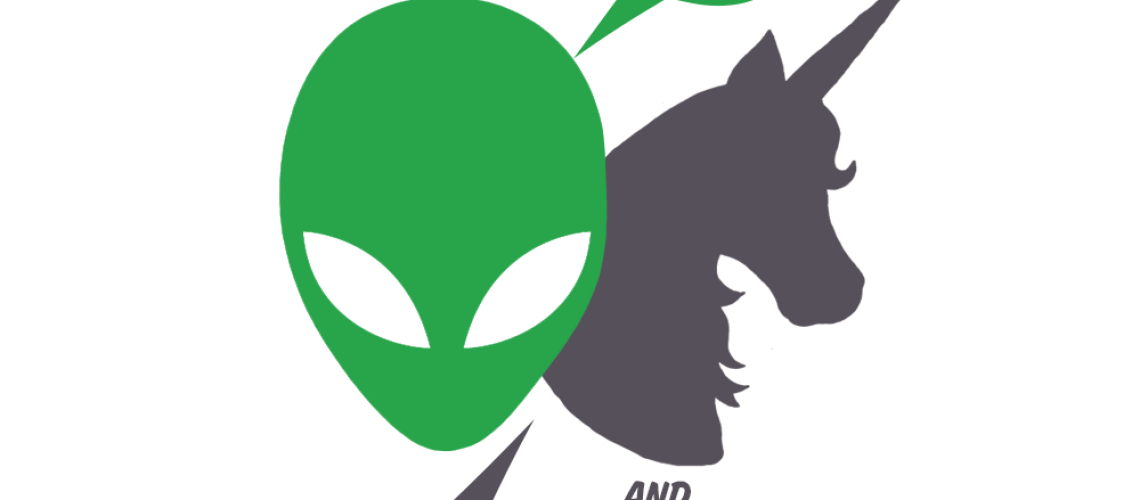As someone who’s asked to talk about Filipino science fiction and fantasy, and after listening to several podcasts (including the Skiffy and Fanty show) interviewing authors who eventually end up representing their country/continent/ethnicity, one question that inevitably gets asked is how they would describe science fiction or fantasy from their country: “What is Filipino speculative fiction?” “What is Chinese science fiction” “What is Carribean fantasy?” The interviewers have good intentions (and I’m one of those people who’ve used that particular phrase numerous times), but the more I think about it, the more problematic the question becomes.
At the root of the question are certain assumptions and privileges people take for granted. The first is that they are coming from a Western paradigm, where Western literature is at the center. The answers and responses of the interviewee will always be compared and contrasted to concepts and ideas from Western literature, because Western literature has become the status quo that everyone in the world has to adapt to. This will impact what seems to be a reasonable question in several ways.
Take for example the genre. Terms like “Science Fiction” and “Fantasy” are Western constructs, just like marketing terms like “Magic-Realism”. What might appear as magic-realism to a Western reader might simply be a traditional story to a Filipino reader. Or divisions between what makes a story science fictional vs. fantasy are simply perceived semantics. When someone asks, “what is Chinese Science Fiction,” they might as well ask, “what is Chinese fiction?” (And that is not to say there aren’t genre distinctions in various cultures, as there are; some might be the product of colonialism, while others might attach different connotations or associations to those terms.)
The second problem is that in this day and age of (relatively) accessible publishing, it assumes that an entire nation’s literature can be summed up in such a short span (whether it’s an hour-long podcast or a 2,000-word essay). Each culture’s literature will be broad and diverse (and there will similarly be clashing or evolving agendas depending on the era) and will have significant nuance; if I ask someone knowledgeable to talk about science fiction, for example, they would break it down to the individual sub-genres (e.g. soap opera, hard science fiction, cyberpunk, etc.), and even then, there would be a lot of ground to cover. If I can’t ask an American science fiction critic to cover the vast topic of American science fiction in a paragraph or two, why do we expect people from other cultures to similarly sum up their literature?
The third problem is that the interviewee becomes the representative of their culture. I love Nnedi Okorafor’s writing, but Okorafor has not read all of African literature, nor should she bear the responsibility to do so (and the same can be said of other African authors like Lauren Beukes, Nick Wood, etc.). The same goes for authors like Tobias Buckell, Nalo Hopkinson, or Karen Lord (who are usually associated with Caribbean science fiction). And the list goes on and on. That’s why we have panels featuring different people of authority to talk about such matters, because no single person will know everything (and some of the more interesting discussions happen when people disagree!).
There will be boxes (for people, for genre, for books, etc.) and this kind of question is, in retrospect, another of those boxes that we don’t question, just as we might carelessly compare a writer to Gabriel Garcia Marquez (who is the Western representative for magic-realism) or Junot Diaz (whom we either associate with Dominican writing, or, more commonly, with geeky interests and mixing Spanish with English).
The fourth is how we often (whether consciously or unconsciously) associate these authors with their respective country or culture, instead of simply just authors or fans. For example, I mentioned I wanted to be in a podcast, and the automatic response was that I would be in a Filipino SF/F show (as if that was the only identity I could ever have). Compare that to, well, every American author, who we never portray as a representative of American culture and instead feature them (often) as themselves. You know what would be interesting? While neither Tobias Buckell nor Karen Lord can deny the influences of the Carribean from their upbringing, I want a discussion where both participate, and the interviewer never asks them about the Carribean (the interviewees are free to bring it up). And the same goes for authors like Ken Liu and John Chu when it comes to China, or myself and Rochita Loenen-Ruiz when it comes to the Philippines.








2 Responses
Reblogged this on The Infinite Library and Other Stories and commented:
Names can be cages, We seldom realize it but when we speak or think, we do so in terms of languages and images which we didn’t invent. Words and names which were given to us by our society — which for many in the developing world means the language of former colonial masters. Charles Tan writes a great article on how problematic it becomes when we start naming Speculative Fiction “Filipino SF, Singaporean SF, etc.” or any other kind of literature for that matter . Here’s Charles’ post on the Skiffy and Fanty Show.
Reblogged this on elizavictoria.com.